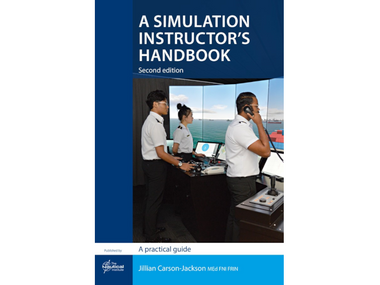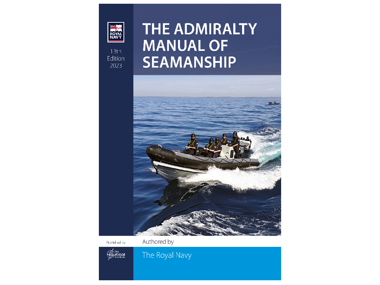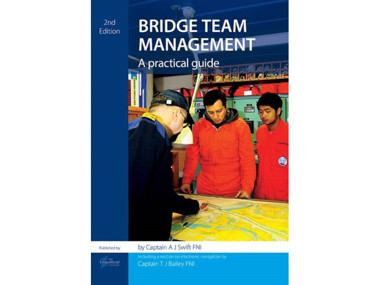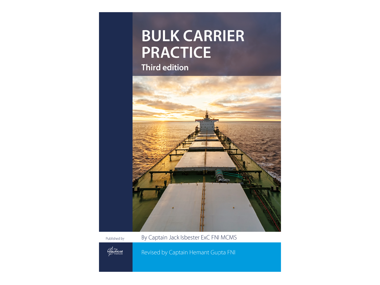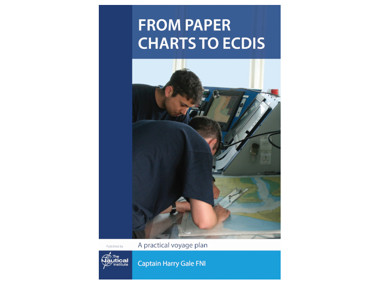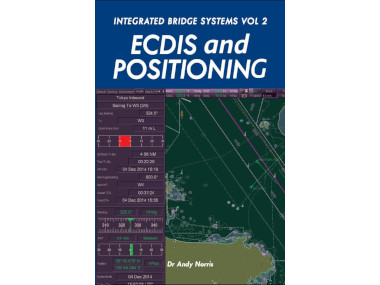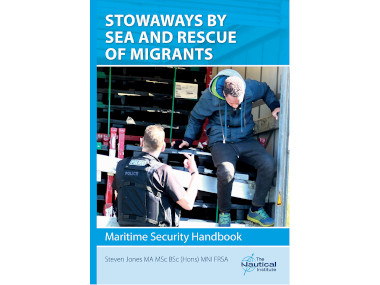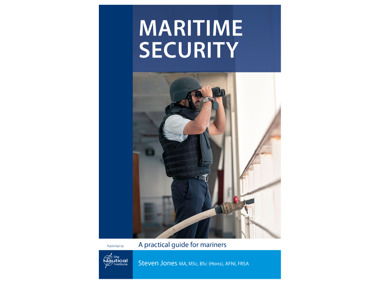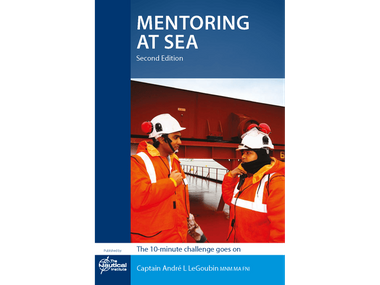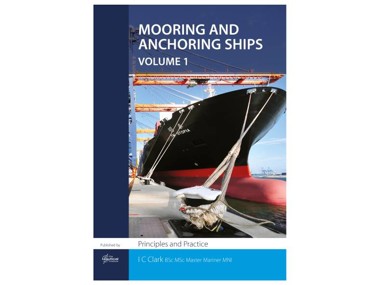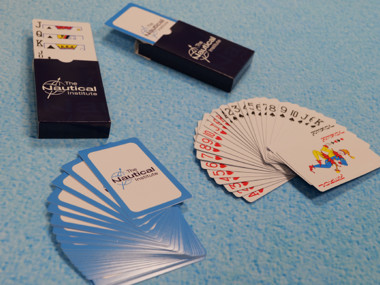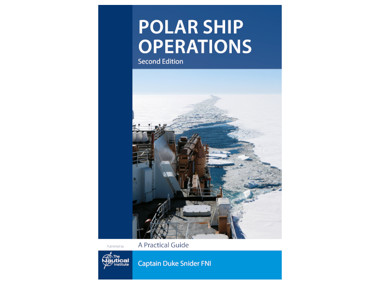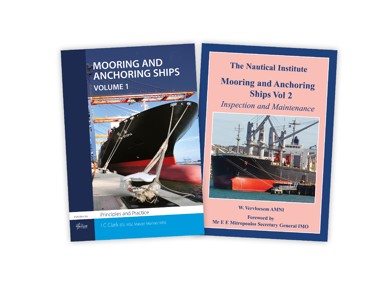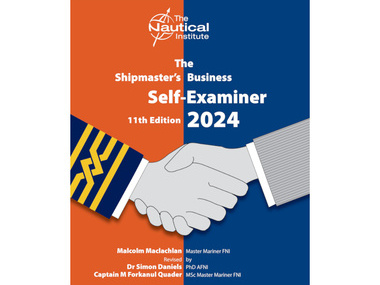NI bookshop
Nautical Institute members receive a 30% discount on all NI titles. To see our eBook offering click HERE.
Developing Soft Skills in Mariners
Price for non-members: £69.00
Price for members: £48.30
A Simulation Instructor's Handbook: A Practical Guide - 2nd Edition
Price for non-members: £66.00
Price for members: £46.20
Admiralty Manual of Seamanship
Price for non-members: £176.00
Price for members: £123.20
Bridge Team Management: A Practical Guide - 2nd ed
Price for non-members: £83.00
Price for members: £58.10
Bulk Carrier Practice - 3rd ed
Price for non-members: £215.00
Price for members: £150.50
Fifty Years of The Nautical Institute
Price for non-members: £75.00
Price for members: £52.50
From Paper Charts to ECDIS
Price for non-members: £56.00
Price for members: £39.20
Hatch Cover Inspections
Price for non-members: £138.00
Price for members: £96.60
Integrated Bridge Systems Vol 2: ECDIS and Positioning
Price for non-members: £71.00
Price for members: £49.70
Maritime Security Handbook: Stowaways by Sea and Rescue of Migrants
Price for non-members: £56.00
Price for members: £39.20
Maritime Security: A Practical Guide for Mariners
Price for non-members: £125.00
Price for members: £87.50
Mentoring at Sea, Second Edition
Price for non-members: £71.00
Price for members: £49.70
Mooring and Anchoring Ships Vol 1 - Principles and Practice
Price for non-members: £144.00
Price for members: £100.80
Playing cards
Price for non-members: £6.00
Price for members: £4.20
Polar Ship Operations: A Practical Guide - 2nd ed
Price for non-members: £71.00
Price for members: £49.70
SET2 - Handling Ships in First-Year Ice & Polar Ship Operations
Price for non-members: £127.00
Price for members: £88.90
SET2 - Mooring and Anchoring Ships: Vol 1 & Vol 2
Price for non-members: £243.00
Price for members: £170.10
The Shipmaster's Business Self Examiner - Eleventh edition
Price for non-members: £138.00
Price for members: £96.60
Tie - Burgundy & GOLDEN - 50th Anniversary - limited edition
Price for non-members: £30.00
Price for members: £30.00
Tie - Burgundy & SILVER - 50th Anniversary - limited edition
Price for non-members: £30.00
Price for members: £30.00
Tie - Two tone blue
Price for non-members: £25.00
Price for members: £25.00


